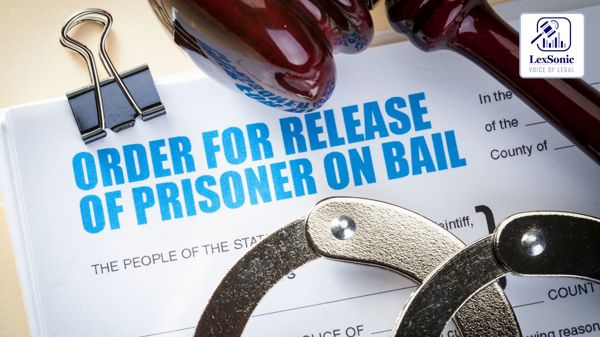In an order upholding strict examination of bail in drug offence cases, the Supreme Court has reserved a Telangana High Court order that had given sanction for suspension of sentence and grant of bail to a convict under the Narcotic Drugs and Psychotropic Substances Act, 1985 (NDPS Act). The case raises the question of whether possession of a precursor or intermediate chemical substance used in the production of an illicitly manufactured drug can give rise to liability by itself under the NDPS Act.
Background of the Case:
The respondent, P. Haranath Reddy, was found guilty of the offences under Sections 22(c), 25, 28 and 29 of the NDPS Act. The finding of guilt arose from his possession of a chemical substance known as Orthoxylene—an intermediate product employed for producing Alprazolam, a psychotropic substance specifically enumerated in the NDPS Schedule. He was given rigorous imprisonment for a period of ten years and was also fined Rs. 3,00,000.
Reddy moved for suspension of his sentence on appeal before the Telangana High Court. Accepting his contention that Orthoxylene is not a scheduled substance under the NDPS Act, the High Court granted bail on 12 February 2025.
Supreme Court's Intervention:
The Directorate of Revenue Intelligence approached the High Court's order in challenge, contending that the conviction of the respondent encompassed Section 29 (abetment and criminal conspiracy) of the NDPS Act. As such, the fact that Orthoxylene is not a listed psychotropic substance by itself was not determinative, as the conviction also covered involvement in the production or aiding in the production of a scheduled drug.
Concurring with this argument, the Supreme Court, consisting of Justices Sanjay Kumar and Alok Aradhe, held that the High Court had "wholly lost sight" of the importance of Section 29. The Court observed that possession or supply of an intermediate chemical involved in the manufacture of a scheduled psychotropic substance could well fall within the ambit of the offences punishable under the Act, subject to the factual scenario and intent established at trial.
Remand for Reconsideration:
Concurring that the High Court had not adopted a complete view of the case, the bench ordered the case to be remanded for re consideration of the bail plea. The respondent was asked to surrender in two weeks, while the High Court was asked to hear and dispose of the matter in a timely manner, as it was the second round of the proceedings.
Takeaways:
This order highlights the judiciary's conservative stance on NDPS cases—especially where intermediary chemicals and abetment issues arise. It reinforces that bail in drug cases cannot be based on a strict reading of substance classification; the larger chain of culpability under Sections 25, 28, and 29 needs to be examined.
By opting for a thorough reappraisal as opposed to complete cancellation, the Supreme Court weighed procedure against procedural fairness against the imperatives of aggressive enforcement of drug control. The judgment reaffirms that the horizon of the NDPS Act covers more than explicit possession of contraband to include entire networks engaged in illicit synthesis and trafficking.
Narcotic Drugs and Psychotropic Substances Act, 1985

